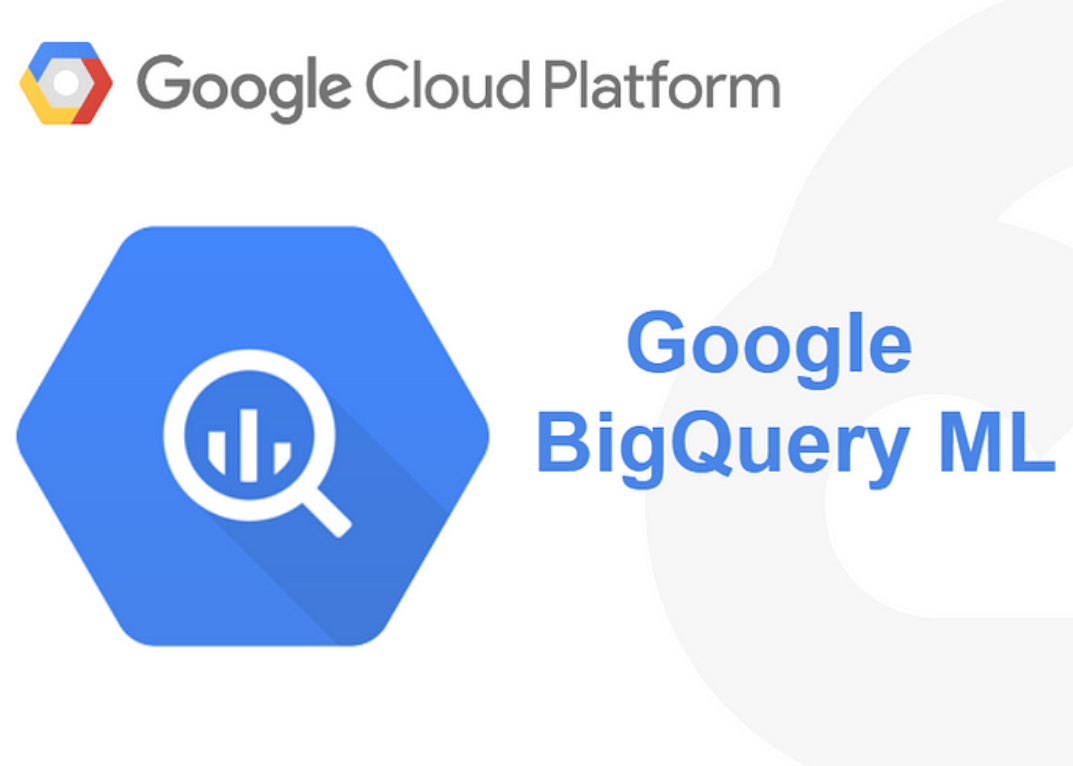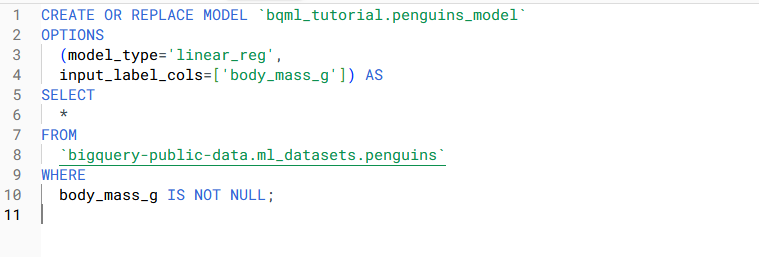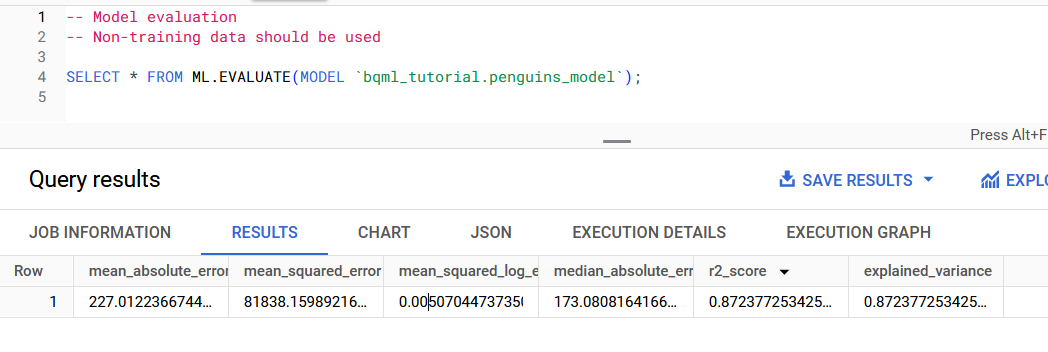BigQuery and machine learning capabilities

In today's information technology-dominated environment, effective management and analysis of big data is critical to business success. Google BigQuery is a cloud data management service that allows you to quickly analyze large amounts of data using SQL queries. In addition, the integration of BigQuery with machine learning (ML) opens up even greater possibilities for gaining insights and making decisions.
What is BigQuery ML?
BigQuery ML allows users to build and train machine learning models directly within the BigQuery environment. This makes ML accessible even to those who are not advanced data scientists.
Key features of BigQuery ML
Train models using SQL: Users can train ML models using familiar SQL syntax, which simplifies the integration of ML models into existing data analysis processes.
Support for various algorithms: BigQuery ML supports many machine learning algorithms, including linear regression, logistic regression, k-means clustering and others.


Evaluation of model performance. The ML.EVALUATE function evaluates the predicted values generated by the model against the actual data.
Automatic optimization of models: The system automatically optimizes models to achieve the best result, and also allows you to set hyperparameters to better control the learning process.
Use Cases
BigQuery ML provides an opportunity to effectively solve various business problems:
Prediction of customer behavior: By analyzing customer purchase history and behavior, it is possible to predict future purchases and optimize marketing campaigns.
Fraud detection: By training models to recognize suspicious activity, financial fraud can be quickly identified and responded to.
Demand forecasting: Analyzing past sales data can accurately predict future demand for a product, allowing for efficient inventory management.
By integrating machine learning with BigQuery, organizations can improve the efficiency of their data analysis, enabling fast and accurate decision-making. BigQuery ML not only improves operational processes, but also helps you gain a competitive advantage by optimizing decision-making and operational performance based on data-driven insights.
Source: https://cloud.google.com/bigquery/docs/linear-regression-tutorial
